Les médias
Accueil " Les médias
30 ans d'histoire de la marque
Plus de 100 agents dans le monde
Équipement de traitement allemand
Dix séries de marchés publics à guichet unique

What Are the Emerging Trends in Global Pipe Fitting Materials?
Last year, a client demanded a pipe material that didn’t exist five years ago. This moment showed me the industry is changing faster than ever.

How to Build a Resilient Supply Chain for Plumbing Projects?
I once saw a multi-million dollar project stall for weeks because one factory shut down. That moment taught me that true supply chain resilience is

Why is Sustainability Becoming Key in Pipe Manufacturing?
Ten years ago, a client asked me about “green” pipes, and most saw it as a cost. Today, they demand it—and for good reason. Sustainability
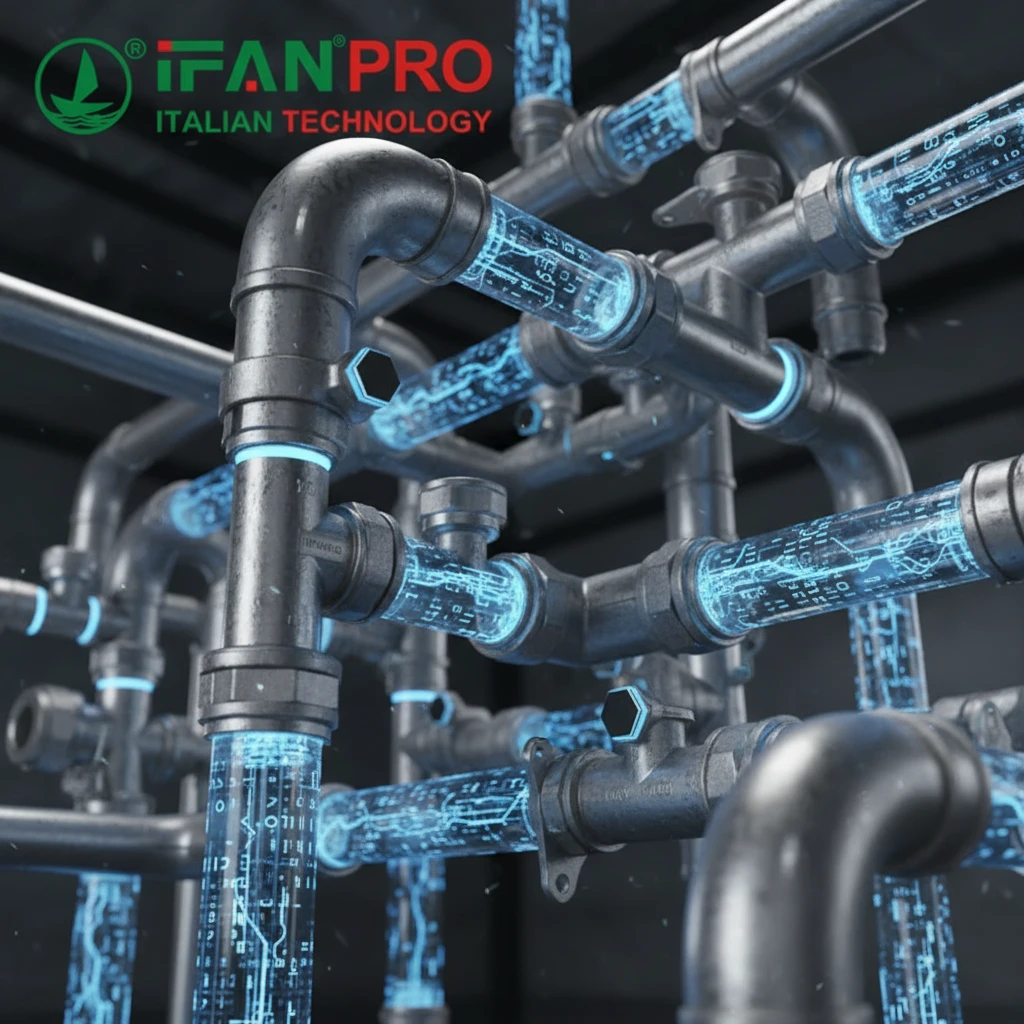
Can Smart Monitoring Be Integrated into Traditional Piping?
I recently walked through a facility where a hidden pipe leak caused massive damage. This incident convinced me that upgrading old systems with smart technology
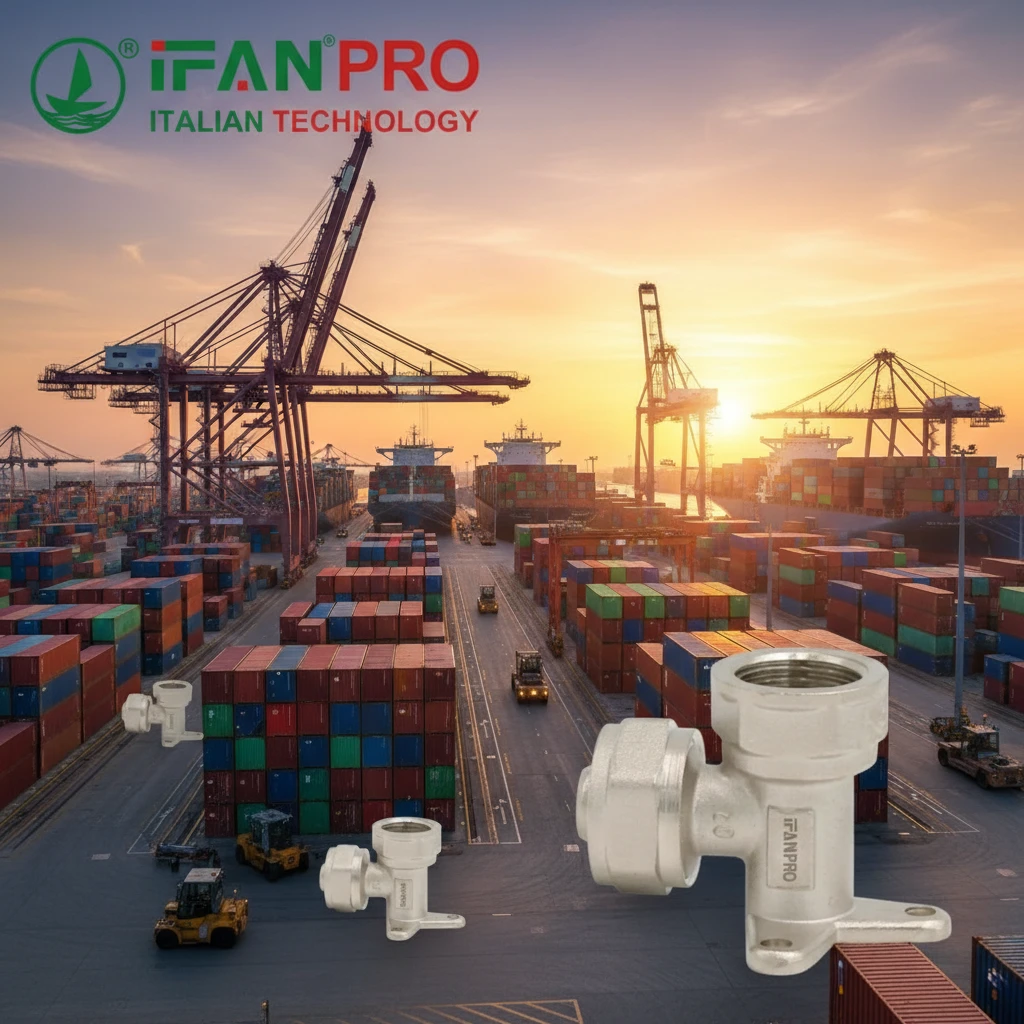
What Drives the Cost of International Pipe Fitting Imports?
I once watched a client’s project budget spiral out of control because of a sudden steel price hike they didn’t foresee. That moment taught me
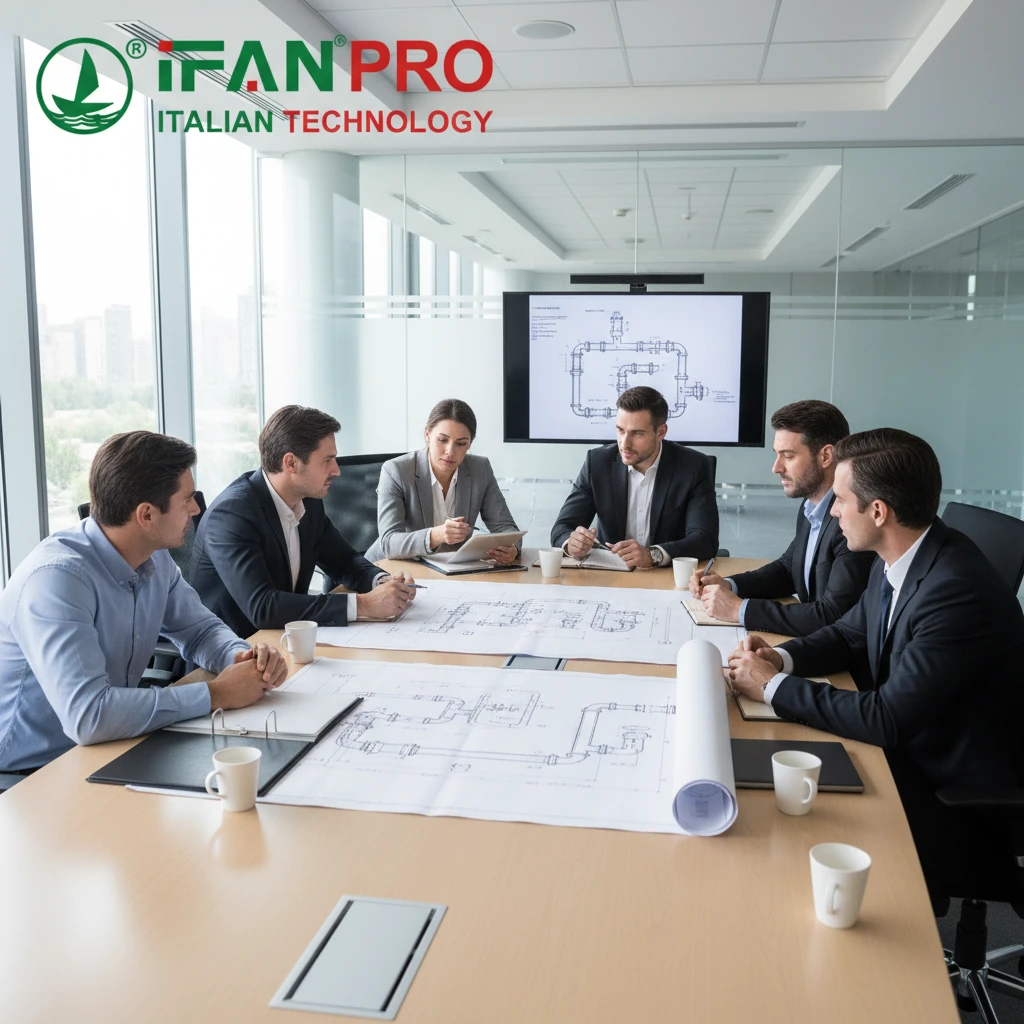
How to Evaluate a Supplier’s Engineering Support Capability?
I once wasted months with a supplier whose salesperson couldn’t answer basic technical questions. That project taught me that real engineering support is the backbone
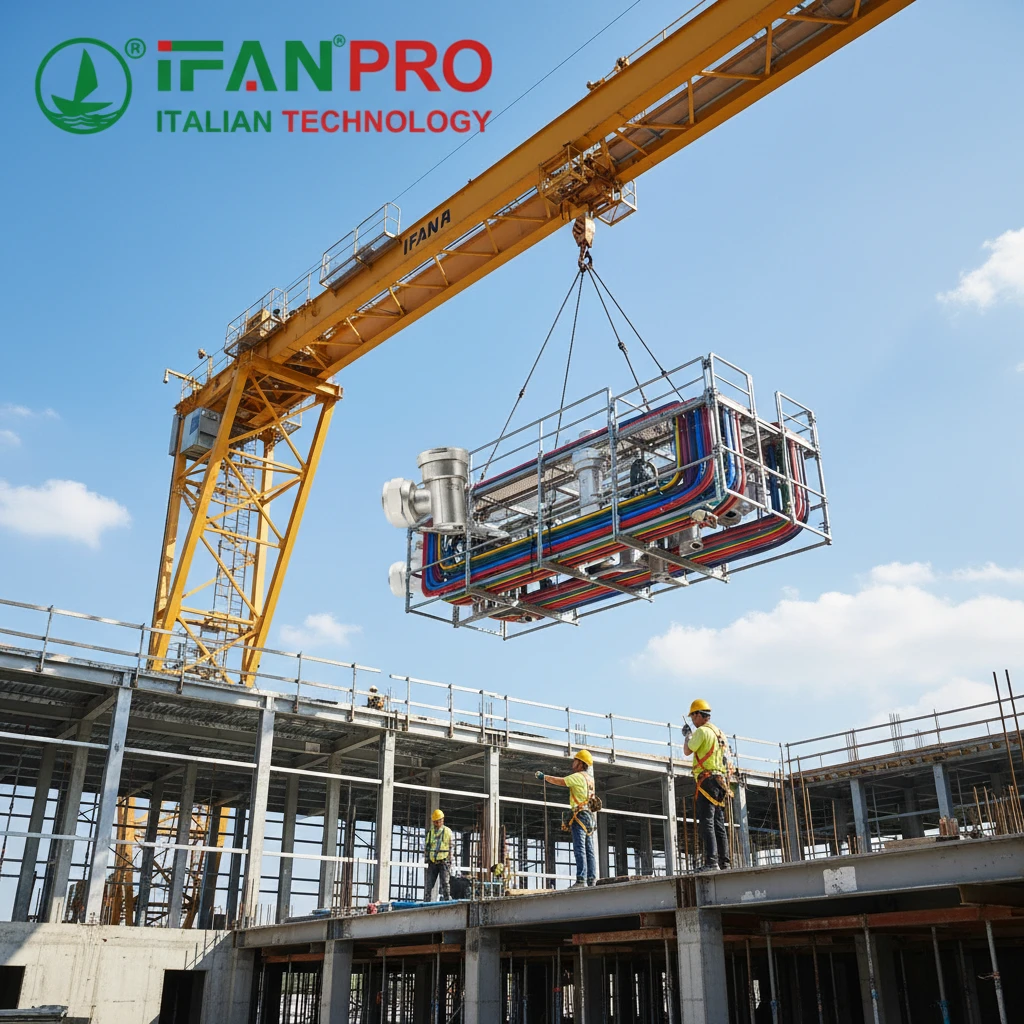
Are Modular Piping Systems the Future for Large Construction?
I oversaw a hotel project where piping delays pushed the opening by a month. That experience convinced me that the old way of building on-site
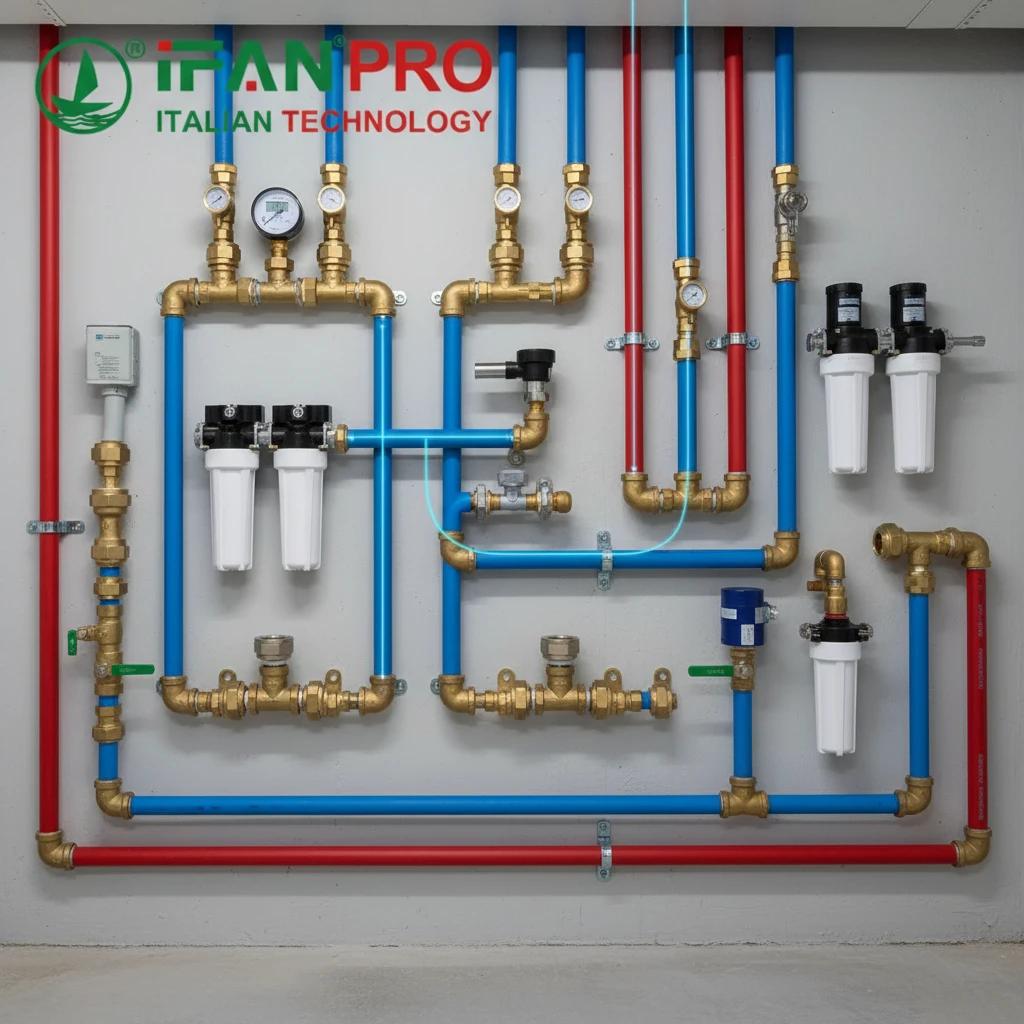
What Role Do Fittings Play in Water Conservation Systems?
I once audited a system where leaky, inefficient fittings wasted more water than the conservation fixtures saved. That mismatch taught me that true water conservation
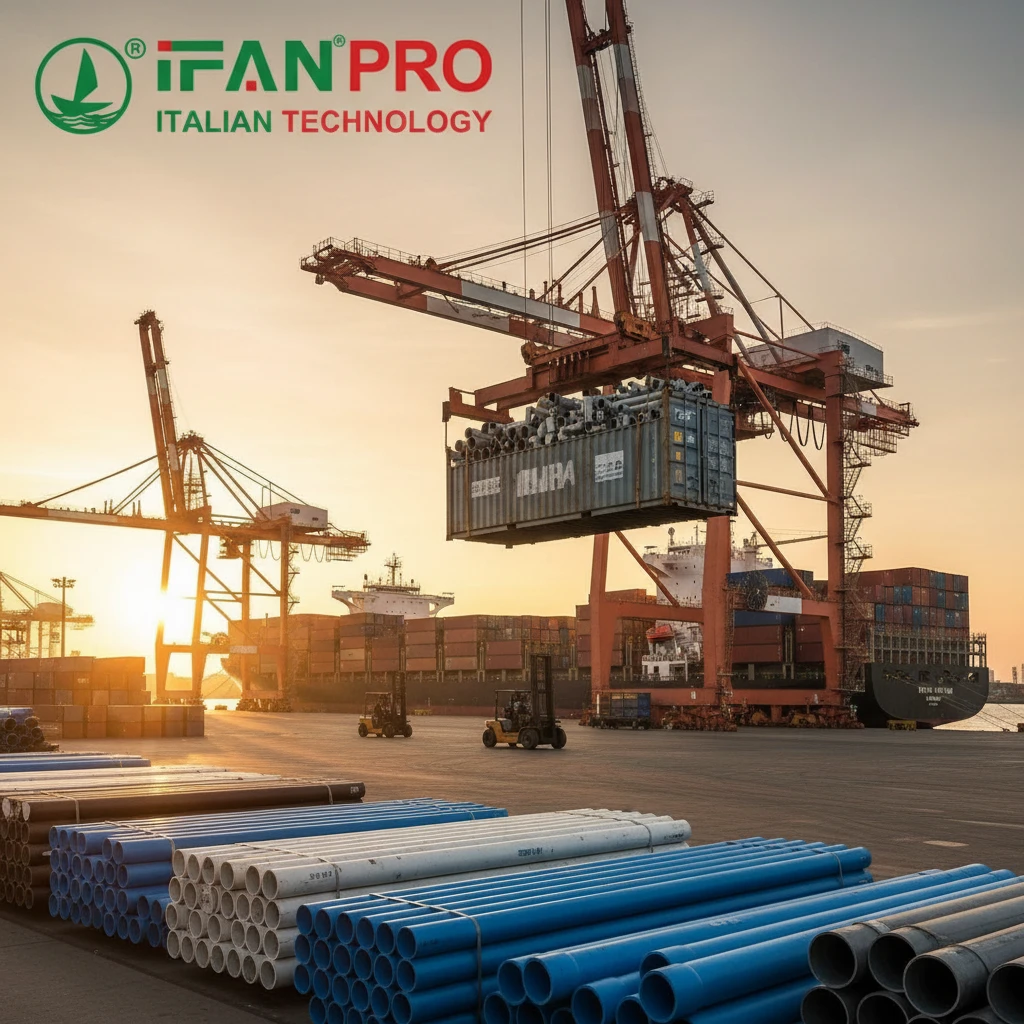
How to Navigate Customs and Logistics for Bulk Pipe Orders?
We once managed a 20-container order where missing paperwork caused a two-week port delay. That costly lesson taught us that mastering logistics is just as

Why Partner with a Sourcing Expert Instead of a Single Factory?
I once had a client who lost $50,000 when their only factory suddenly shut down. This painful lesson shows why putting all your eggs in
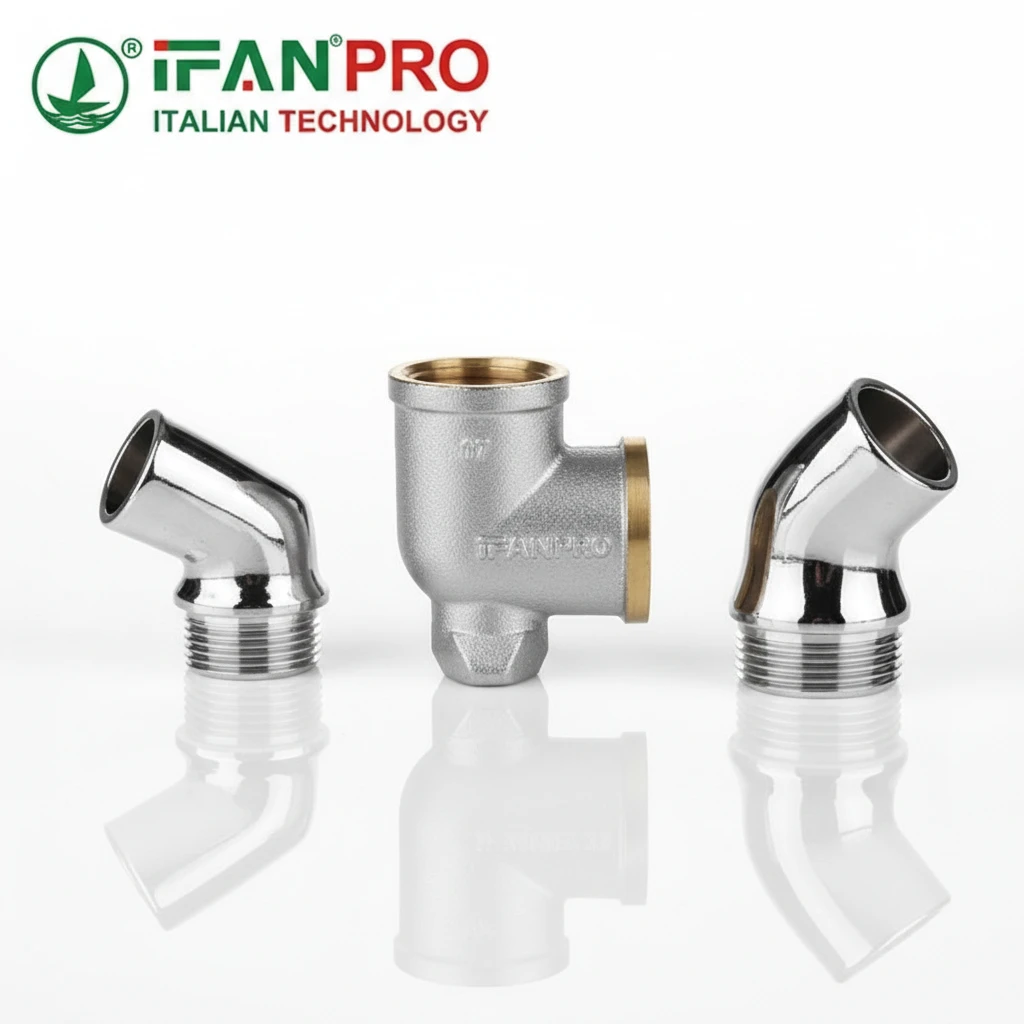
Can a Brass Elbow Fitting Be Chrome-Plated for Aesthetic Applications?
A client once insisted on the bright look of chrome but needed the reliability of brass. This request is common, and the answer is a
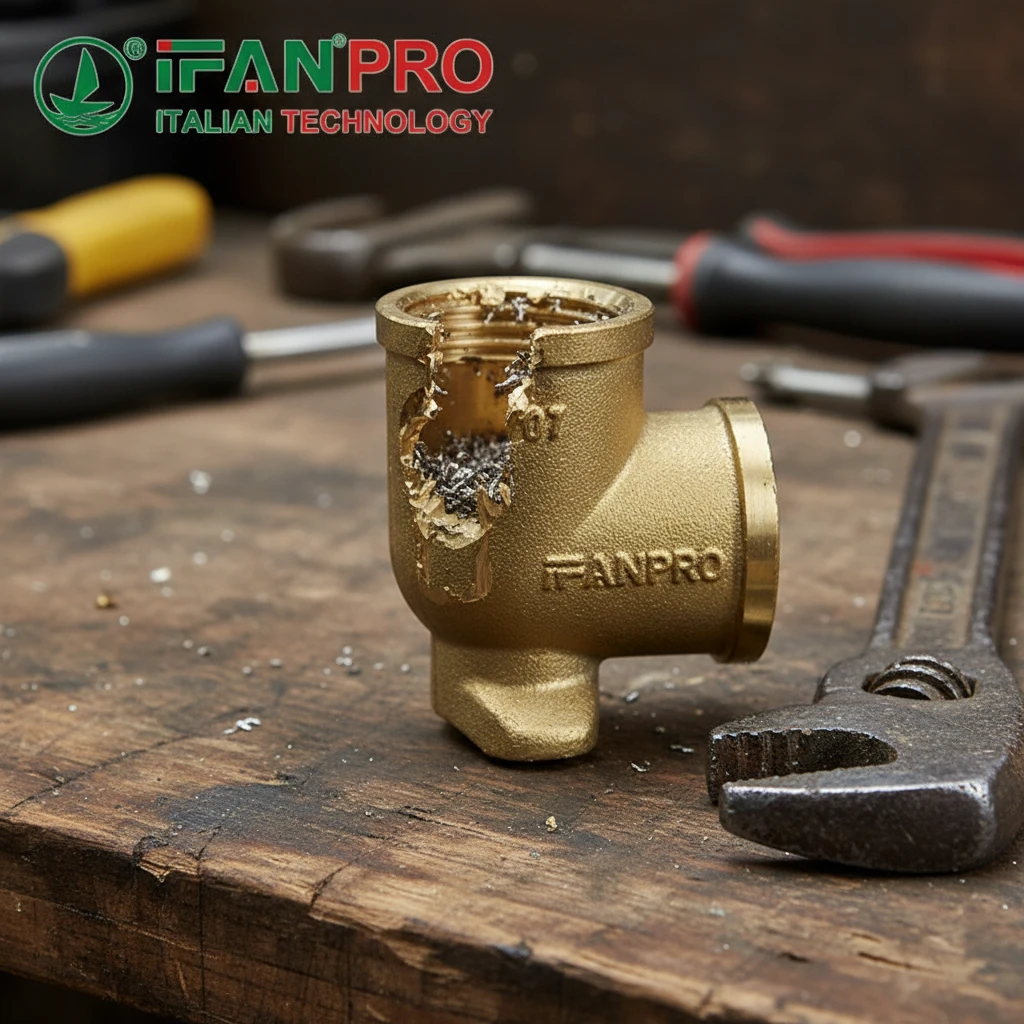
How to Prevent Galling When Tightening Threaded Brass Elbows?
I once saw a beautiful, expensive brass fitting ruined in seconds by a well-meaning installer with a wrench. That moment taught me that preventing galling









